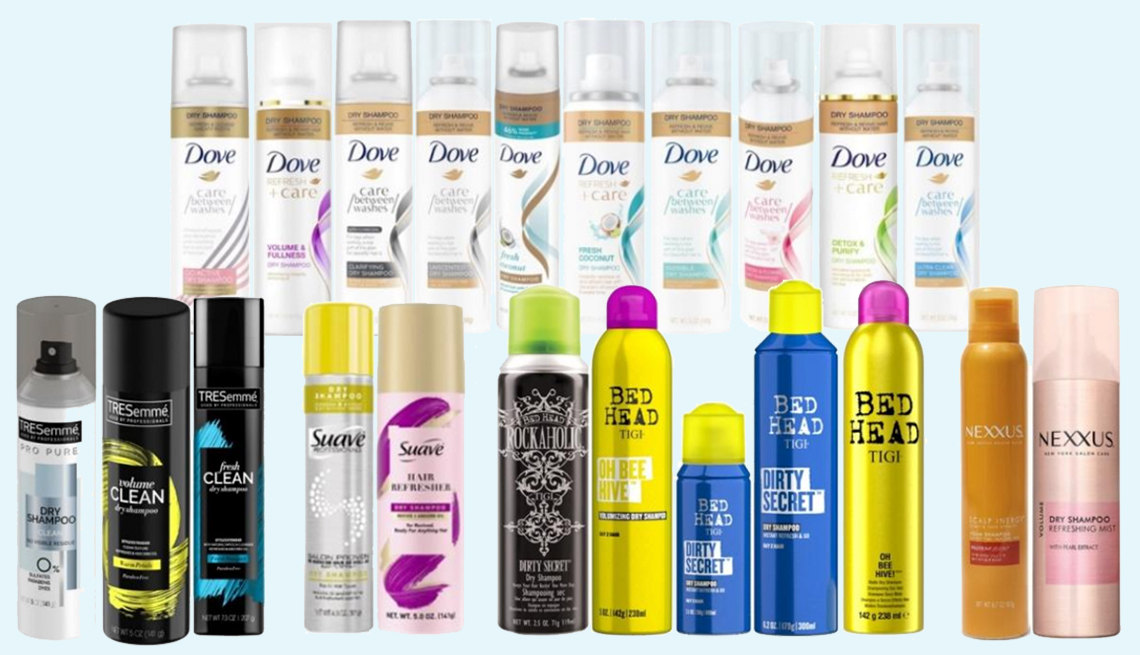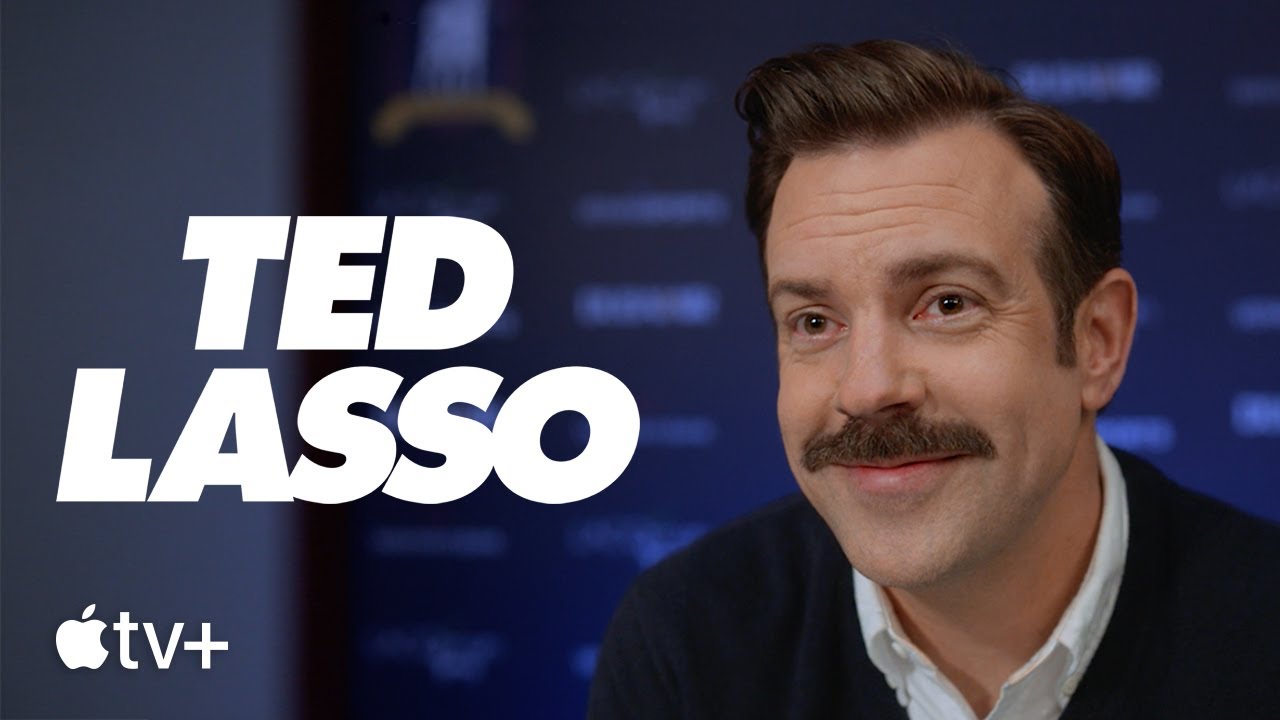
- Select a language for the TTS:
- UK English Female
- UK English Male
- US English Female
- US English Male
- Australian Female
- Australian Male
- Language selected: (auto detect) - EN
Play all audios:
When it comes to tobacco control, you can determine the most effective policies by using the litmus test of how the tobacco industry reacts. This has long been called the “scream test”. It
was obvious the industry wasn’t quaking about falls in sales when they funded school education kits, fronted by controversial academic Kevin Donnelly, urging children to “trust their own
decisions” about smoking. Or when they install earnest and forgettable point-of-sale signs in shops about how smoking is only for adults. As one internal Philip Morris memo from the 1970s
put it when discussing how the company might suck up to health authorities in Hong Kong: So when they cry blue murder about the civilisation-ending potential of a policy, it’s not rocket
science that they appreciate its threat to their bottom-line. As I explain in this video, the brand-by-brand, day-by-day, shop-by-shop national data each company has on cigarette sales gives
them precise knowledge of the immediate and long term impact of any change in any aspect of tobacco control. If there was ever a moment when we saw the tobacco industry in the coldest of
sweats, it was in August 2011, when British American Tobacco Australia’s (BATA) CEO David Crow addressed a Senate committee considering the planned introduction of plain packaging. He said:
> What I do believe is that … if the objective is to reduce > consumption then you would move towards areas which have been > evidence-based not only in this country but in others
around the > world … We understand that the price going up when the excise goes > up reduces consumption. We saw that last year very effectively with > the increase in excise. There
was a 25% increase in the excise and > we saw the volumes go down by about 10.2%; there was about a 10.2% > reduction in the industry last year in Australia. So there are ways > of
achieving the objectives that do not infringe on the property > rights, do not breach the laws and the international commitments and > do not mean that the Australian government would
have to compensate > people. Crow is a tobacco executive, not a public health advisor on how to reduce smoking. But he offered some great advice anyway. In his desperation to avoid plain
pack legislation, he almost begged the government to continue using measures such as tax. Measures that by his own admission would literally decimate the sales of his industry’s product.
The implications regarding the impact of plain packaging were obvious. In fact, the tax hit was worse than his predicted 10.2% figure. A Treasury paper reported that while a fall in
consumption of 6% had been predicted for the 25% lift in April 2010’s tobacco tax, the impact was nearly double that - at 11%. ONE IN SIX CIGARETTES ILLEGALLY OBTAINED? During the run-up to
the introduction of plain packs, BATA poured out a Niagara of tweets claiming the legislation would cause a massive increase in people purchasing illegal tobacco; either loose “chop chop” or
smuggled fully branded packs in nicer boxes. The tweets implied people would be so horrified at having to handle the new garish plain packs with their large graphic health warnings, that
they would seek out illegal supplies. In our free online book telling the story of plain packaging, from page 70, we summarise no less than ten reports by consultancy firms
PriceWaterhouseCoopers, Deloitte and KPMG, into the alleged size of the illicit trade in Australia. Published since 2005 and commissioned by the tobacco industry, the reports often have
stop-in-your-tracks caveats like: “We have not audited or otherwise verified the accuracy or completeness of the information, and, to that extent, the information contained in this report
may not be accurate or reliable.” But they served the purpose of industry press release headlines screaming that between one in six and one in seven of all cigarettes being smoked in
Australia were purchased illegally. Never mind that the ubiquitous, convenient and price-discounting retail chains like supermarkets, convenience stores chains, hotels, newsagents, petrol
stations and specialised tobacconists, have always dominated retail sales. According to the industry, 15% of smokers across the nation were finding their way to shady independents down back
alleys. The long queues of all these new customers were somehow completely missed by the federal police and customs investigators, with all their resources and powers. INDEPENDENT DATA So
what do data not funded the the tobacco industry show about the extent of illicit tobacco use? A study was conducted from April 2012 (six months before plain packaging) to March 2014 (15
months after), by the Cancer Council Victoria, using national telephone samples of 8,679 smokers. It found for those buying factory-made cigarettes bought in Australia, there were no
significant increases in the use of so-called “cheap whites” (0.1%), international brands costing 20% or more below the recommended retail price (0.2%) or packs purchased from informal
sellers (0.1%). The prevalence of any use of unbranded illicit tobacco (“chop chop”) remained around 3% throughout the study period. Unsurprisingly, smokers didn’t ditch legal packs for
illegal supplies. It is instructive to look at British American Tobacco’s twitter feed. You will look long and hard to find a tweet on any subject but the heinous problem of illegal tobacco.
Almost every day, the site churns out the same message, often repeated: the world and Australia are awash with illegal tobacco, shockingly being sold by criminals! But you won’t find
anything on where some of these criminals might source their stock. For instance, in 2014, BAT was fined £650,000 (under appeal) for oversupplying tobacco to low-taxing European countries at
levels that could never be consumed in those countries. This raised concerns that much of this supply would find its way into high-taxing nations as smuggled goods offered for sale.
LEYONHJELM’S SENATE INQUIRY So in the week of the Senate voting electoral reform deal, which signals the political death warrant for micro party senators, we have the blossoming spectacle of
one of these, David Leyonhjelm, who initiated a Senate inquiry into tobacco tax in Australia. It will start taking evidence soon. Leyonhjelm, who has been backed by Philip Morris, is
avowedly against tobacco tax. Multiple submissions to the inquiry with identical wording from shopkeepers strongly suggest store owners are being coached or co-opted by predictable interests
to support their fantasies of lower taxes. If price is driving a small proportion of smokers to regularly buy illegal tobacco, and if the tobacco companies with hands on their hearts care
deeply about the loss of tax revenue to government, one solution is wide open to them. Between 2008 and March 2014 (16 months after plain packaging was introduced), tobacco manufacturers
raised their margins higher than the government raised tobacco tax. They could always reduce these margins. But that option seems even less probable than anyone in government paying
attention to what seems likely to be one of Leyonhjelm’s final exercises in spending parliamentary money on his pet obsessions. The tobacco industry has lost every policy battle it has ever
fought in Australia. Surely, no bookmaker will take bets on what the principal recommendation of this wasteful exercise will be: that tobacco tax should fall. The consequence of that would
see more people smoking, and more tobacco-caused death and disease down the track. Evidence-based tobacco control policy has long had the support of all major political parties in Australia.
Today we have the world’s lowest smoking prevalence. It says a lot that the top gun the tobacco industry can get to run their errands is a man who will soon be a footnote in political
history. In the 2015 Canning by-election, Leyonhjelm’s party candidate got less votes (492) than the Pirate party (775) and a candidate who had a warrant out for her arrest (539).






![[newswrap] top india news, july 30, 2019: from ccd owner missing to unnao rape survivor case](https://imgk.timesnownews.com/story/1564491198-CCDOwner_VGSiddhartha.png?tr=w-560,h-292,fo-top)
